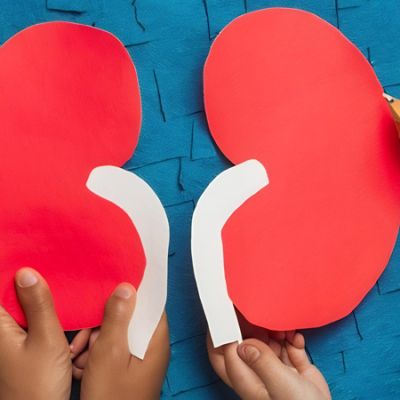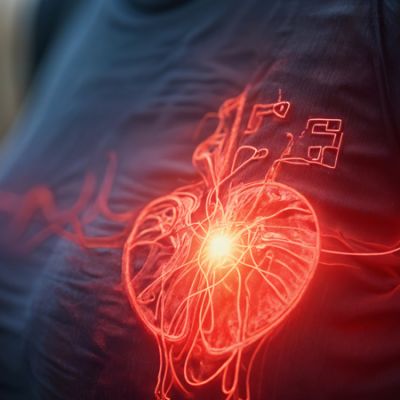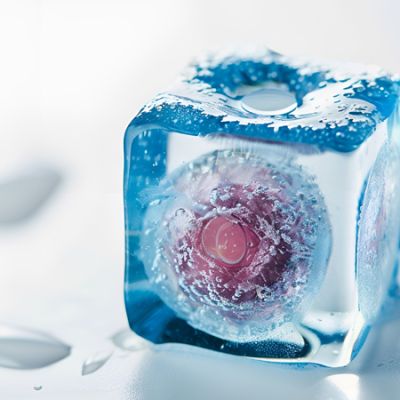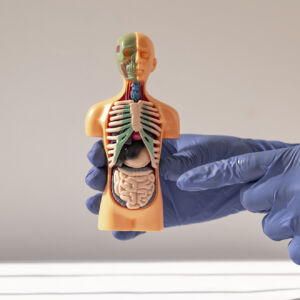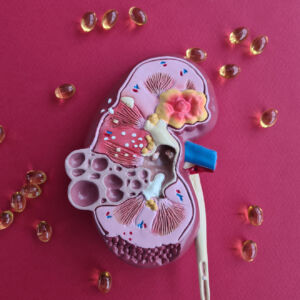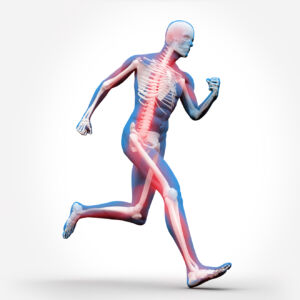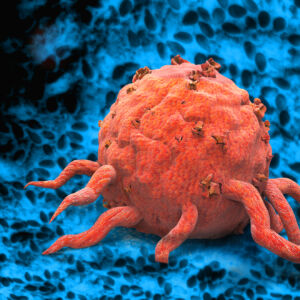Our clinic brings together several medical specialities to ensure the best possible care for women, mothers and children. It is an integrated cluster of several medical specialities. A wide range of support services are offered in our specialised unit dedicated to mother and child centre,
including antenatal and postnatal care, breastfeeding support, nutritional advice, learning activities and interventions for babies, children and adolescents with special needs or medical problems.

The maternity unit includes paediatric, obstetric and gynaecological specialties, including emergency and intensive care services.
An outpatient unit, technical unit and imaging service with 24/7 availability.
The well-equipped maternity unit covers all women’s and children’s pathologies: paediatric care, paediatric orthopaedics and paediatric emergencies, pregnancy management (including high-risk pregnancies), paediatric surgery (congenital malformations, orthopaedics, etc.), gynaecological check-ups, endometrial cancer, breast cancer, uterine fibroids, prolapse, ovarian cysts, in vitro fertilisation, sterility.
We would like to share with you some of the pathologies treated in our Mediterranean Clinic by an efficient and effective medical and paramedical team.
Kidney surgery in children can be a source of worry for many parents.
Cardiovascular health is a major issue, especially in women, who are often overlooked in discussions about heart disease.
Egg freezing has become an increasingly relevant topic in our modern society, where personal and professional choices can impact reproductive health.
You ask, our teams answer.
F.A.Q
The Mother and Child Center offers a range of services, including:
outpatient consultations, emergency gynecological consultations, pregnancy follow-ups and gynecological follow-ups.
It also provides surgical programming, obstetric and gynecological ultrasound; the delivery unit and postpartum follow-up; day hospitalization and pathological pregnancies; preparation for birth; postnatal consultations; perineal rehabilitation; hospitalization for gynecological surgery.
The Mother and Child Center also plays the role of a family planning and education center which offers consultations as well as the prevention of sexually transmitted infections.
The pediatric and neonatology departments provide pediatric emergencies; complete hospitalization in pediatrics; pediatric consultations; complete hospitalization in neonatology (care of premature babies); maternity wards.
Gynaecological medicine (part of our mother and child pole) is the branch of medicine that deals with women’s health in relation to their reproductive organs, breasts, sex hormones and menstrual cycle. It includes gynaecology, obstetrics and menstrual disorders.
A gynaecologist is a specialist in women’s health and sexuality. Gynaecologists examine women for reproductive health problems such as pregnancy, infertility and menstrual problems. They also perform surgery on the female reproductive system (uterus).
Gynaecologists specialise in one or more areas of gynaecology, including:
- Sterility
- Maternal-fetal medicine
- Reproductive endocrinology
- Urogynaecology
A paediatric emergency (managed in our Mother and Child Pole) is a medical condition in which a child needs immediate medical attention. These illnesses and injuries can be life threatening and require urgent treatment.
Paediatric emergencies are very different from adult emergencies because children’s bodies work differently to adults. The same condition in a child may not be an emergency in an adult, while other conditions in an adult may be fatal in a child.
A paediatric emergency can be caused by something as simple as a cut finger or as serious as a heart attack. It could be something you’ve never heard of, or something that feels familiar but has changed slightly over time.
The best way to know how to help your child in an emergency is to know the possible emergencies, the signs and symptoms they will present and the best way to respond if they occur.
Pregnancy management is the process of monitoring and supporting a pregnancy to make sure it goes well. It starts before conception and continues throughout pregnancy, labour and birth.
Pregnancy management includes:
- Treatment of underlying medical conditions
- Treatment of medical complications
- Control of pregnancy symptoms
- Infection prevention and control
- Providing nutritional support
Pregnancy management is usually carried out by obstetricians and gynaecologists.
A gynaecological emergency is defined as a condition that requires immediate medical attention. It may be acute, chronic or recurrent. It may or may not be life-threatening. Symptoms can be mild to severe.
Gynaecological emergencies include: ectopic pregnancy, ovarian torsion, postpartum haemorrhage, placental abruption, uterine rupture and spontaneous abortion
Infertility treatment (part of our Mother and Child Pole) is a medical procedure designed to help couples who have been trying to conceive for a year or more to have a child. It includes tests, procedures and medication to help with this process.
Treatment options for infertility vary depending on the cause. Your doctor may recommend medication or surgery. Infertility treatment may also include artificial insemination or in vitro fertilisation (IVF).
Infertility treatments are used when:
- Missing or irregular ovulation.
- A blocked fallopian tube or tubal blockage.
- Your partner has a low sperm count or poor sperm quality.
- You have endometriosis, which causes pain during sex or ovulation.



